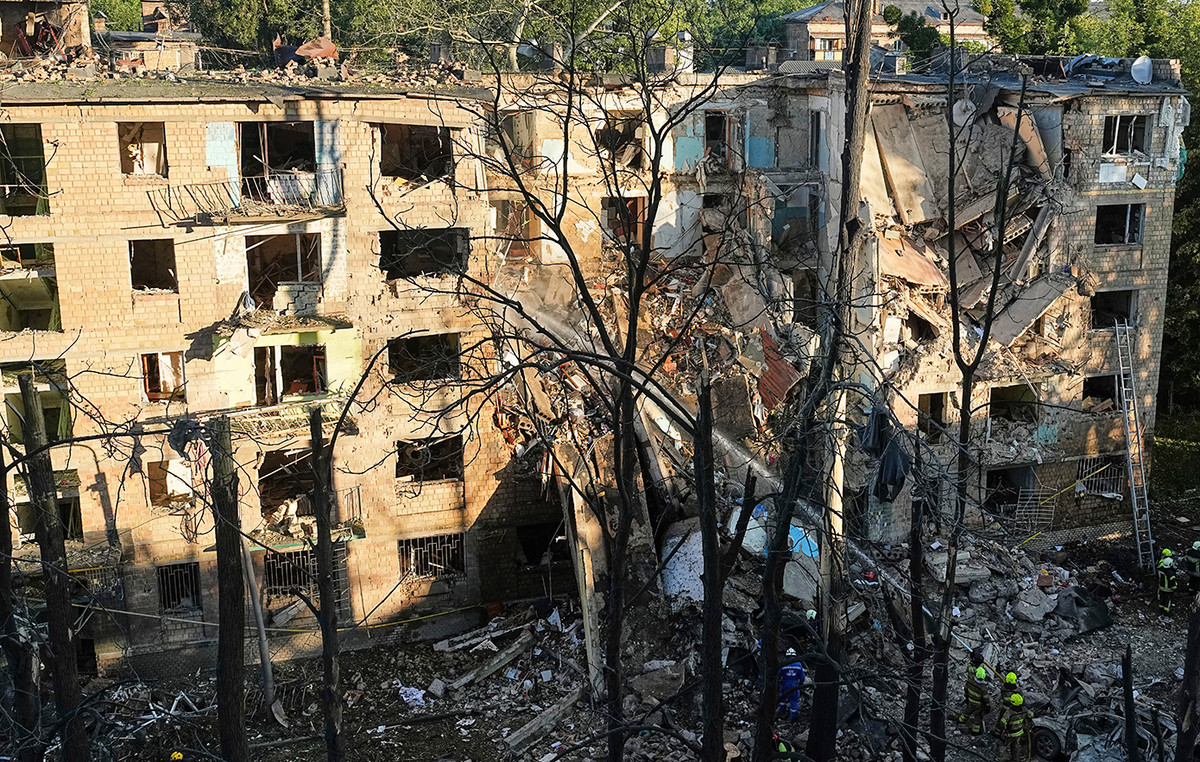Extreme heat in China continues to take its toll, despite cooler temperatures in some regions, with authorities in the Yangtze River basin struggling to limit the damage from climate change to the energy, crops and livestock sector.
China’s heat wave, which spans more than 70 days, is the longest on record, with around 30% of the 600 weather stations along the Yangtze recording their highest temperatures in history.
The southwestern region of Chongqing has been particularly hard hit, with one resident, Zhang Ronghai, saying that both his water and power were cut off after a four-day fire in Jiangjin district.
“People need to go to a power center more than 10 kilometers away to charge their phones,” Zhang said.
The Chongqing Department of Agriculture also drafted emergency measures to protect livestock at more than 5,000 large-scale swine farms, which faced “severe challenges” as a result of the heat, state media said.
Crop damage and water shortages can “spread to other food-related sectors, resulting in a substantial price increase or a food crisis in the worst case,” said Lin Zhong, a professor at the City University of Hong Kong who has studied the impact of climate change on agriculture in China.
China’s National Meteorological Center downgraded its national heat alert to “orange” on Wednesday after 12 consecutive days of “red alerts”, but temperatures are still expected to exceed 40C in Chongqing, Sichuan and other parts of the basin. Yangtze.
A weather station in Sichuan recorded a temperature of 43.9°C on Wednesday, the highest ever recorded in the province, official meteorologists said on their Weibo channel.
Source: CNN Brasil
I am Sophia william, author of World Stock Market. I have a degree in journalism from the University of Missouri and I have worked as a reporter for several news websites. I have a passion for writing and informing people about the latest news and events happening in the world. I strive to be accurate and unbiased in my reporting, and I hope to provide readers with valuable information that they can use to make informed decisions.

2.jpg)





